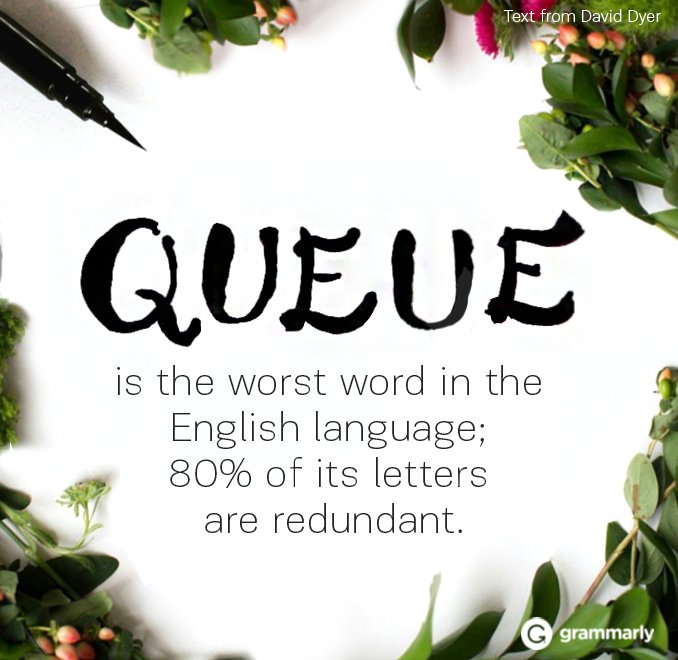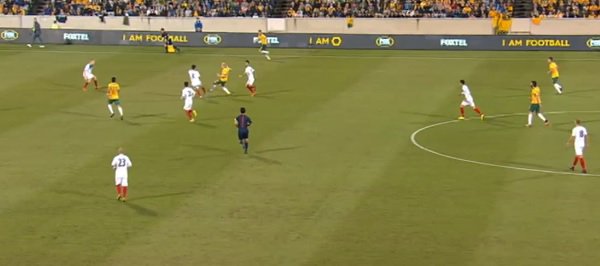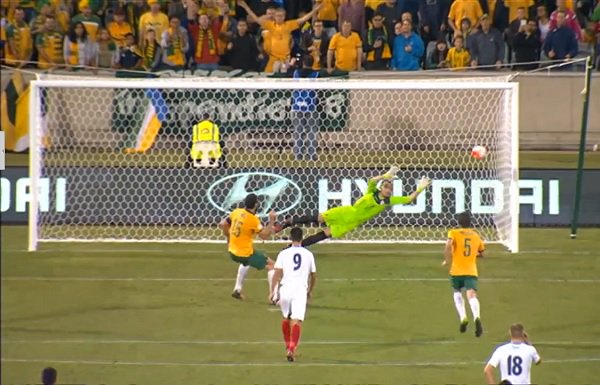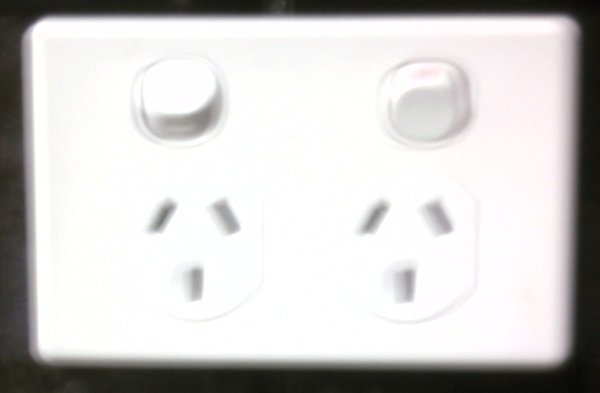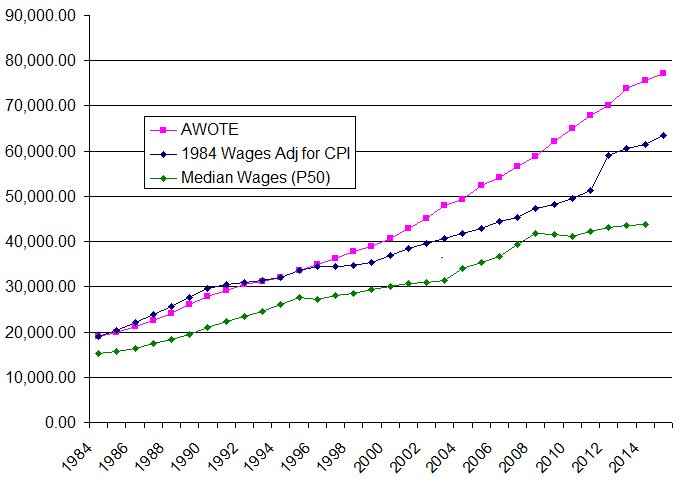- For once, Maldonado was not at fault
The last Grand Prix of 2015 might very well be the last Grand Prix ever shown live on free-to-air television, anywhere in the world.
With Rosberg on pole and Hamilton in second, the race was never going to be anything more than a Mercedes benefit. Having secured an engine freeze and a set of regulations ensuring that only a small amount of development happens over the off-season, 2016 promises to be more of the same too.
The silver arrows shot off into the distance and were never challenged on track. Behind them though, the first lap threw up the first incident.
Whether or not Felipe Nasr tagged Fernando Alonso or it was the other way around is academic, for Alonso was speared into the side of perennial goof ball Pastor Maldonado. Alonso would later serve a five second penalty for causing the accident and although Maldonado limped back to the pits, his car suffered a severe loss of drive and the Lotus had to retire.
The opening part of the race soon settled into a rhythm and apart from Sebastian Vettel who was carving through the field, having started 15th, the nature of the Yas Marinas track ensured that the field started following each other line astern.
Daniil Kyvat was the first to break rank on lap 6, opting for a two stop strategy and hoping to buy an undercut and Massa and Ricciardo soon followed.
Before the first spree of pitstops between laps 8 and about 14, the running order was Rosberg, Hamilton, Raikkonen, Hulkenberg, Sainz, Bottas and Vettel who had clawed his way up to 7th from 15th.
When Valterri Bottas left his pit box on lap 8, he slammed into the back of Jenson Button's McLaren which was on its way into the pits. Button probably got a puncture as a result and drove the remaining ten meters to his pit box anyway, but Bottas who broke his front wing in the process, had to tour the whole way around the track to have it replaced. On top of that, he would be given a 5 second penalty for an unsafe release on his next pitstop.
By lap 12, order was asserting itself and Ricciardo swapped places with Eriksson on five occasions before finally making the move stick, for 7th place. Daniil Kyvat was beginning to benefit from having tyres which were bedding in and stormed past Nasr like he was standing still; without the benefit of DRS and took 10th.
By lap 14, Vettel actually found himself in second place after passing both Raikkonen and Hamilton in the pits. Hamilton would pass Vettel on the start/finish straight though, as Vettel's tyres faded.
Eriksson also found that his tyres rapidly found the limit of competitive performance and on the lap before he pitted he was passed by both Toro Rosso's of Carlos Sainz Jr and Max Vestappen.
When Raikkonen came up on the back of Vettel on lap 16, Vettel offered little resistance and easily flew past him into 3rd place.
McLaren's troubles continued even until the last day of the season. Ron Dennis had made statements that he thought that the McLaren chassis was well sorted but that the Honda powerplant despite making massive improvements (and collectively picking up more than 300 grid place penalties during the season) was still hideously underpowered.
When Grosjean passed Button for 11th place on lap 25, the McLaren's lack of straight line speed was on display for all to see. Even though McLaren had dialled down the level of down force on the car, even Grosjean's Renault powered Lotus was still able to sprint past the black McLaren.
A spot of irony soon followed on Channel 10 as almost immediately after this, an advert for Honda came on which boasted about the 1988 season and 15 wins from 16 places; with the strapline "McLaren and Honda, a powerful partnership re-formed." Partnership? Maybe. Powerful? Demonstrably not.
From lap 28, the field entered its final round of pitstops. When Sergio Perez pitted for new tyres in the Force India, Vettel inherited 4th place and would virtually remain there. Although he also inherited 3rd place when Raikkonen pitted, the Finn would again fly past on fresher tyres.
The final order would end up as Rosberg, Hamilton, Raikkonen, Vettel, Perez and Ricciardo as beyond about lap 45 of 55, the race became increasingly strung out and processional.
All of this does leave us with some pointed questions for 2016. Given that the rules massively favour Mercedes because they've locked in the engines, is anyone likely to mount even a half decent challenge in 2016? If Red Bull and Toro Rossi have apparently tied up the use of Renault engines next year, will 2016 be like 2015 and become yet another year of incessant whinging from Red Bull GMbH CEO, Dietrich Mateschitz? Is McLaren going to spend another year scratching around in the same hole; picking up 10th, 11th and 12th places at best because Honda is still Honda and never listen to very real complaints? Is Fernando Alonso likely to even drive or will he throw all the toys out of the pram and refuse to drive until they give him a better car?
Moreover, is Rupert Murdoch going to pull rank even further and force Ten Network Holdings Limited to dump live Formula One broadcasts. Channel 10 which once declared that it was your "Home of Motorsport" has long since decided that it would be a good idea to kick everyone out.
Will 2016 finally be the year of only one live Formula One race (the Australian Grand Prix)? I can tell you that with 16 live races in 1984 on free-to-air, television really was better 31 years ago.
Race Results:
1. Rosberg - Mercedes
2. Hamilton - Mercedes
3. Raikkonen - Ferrari
4. Vettel - Ferrari
5. Perez - Force India
6. Ricciardo - Red Bull
"The John Logie Baird Television Was Better in 1984 Memorial Cup" at the end of Round 9 in the UAE looks like this:
58 Hamilton
55 Rosberg
33 Vettel
15 Raikkonen
14 Ricciardo
13 Bottas
12 Kyvat
12 Massa
8 Perez
4 Grosjean
3 Nasr
1 Hulkenburg
The Constructor's Championship is thus:
113 Mercedes
48 Ferrari
26 Red Bull
23 Williams
9 Force India
4 Lotus
3 Sauber


